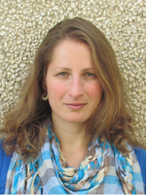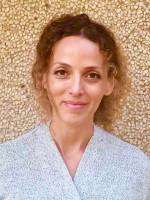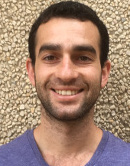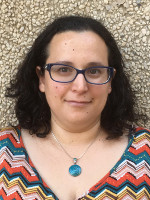
Yael Barel-Ben David, Ph.D. Student
I am one of the directors of the Citizen Science Lab, a center for citizen science projects established in 2020 as a collaborative initiative of the Technion and MadaTech. The center aims to connect science education and public engagement with science with local communities’ needs and interests
I recently received my Ph.D in science communication from the Faculty of Education in Science and Technology at the Technion – Israel Institute of Technology, after finishing my M.Sc (cum laude) also at the faculty. I received my B.Sc. in Biology and Philosophy from the Hebrew University in Jerusalem in 2010 and started my M.Sc. and TA appointment in the field of embryonic development in 2011. At the same time I worked at the Bloomfield Science Museum in Jerusalem as a professional guide for visiting groups and afterwards a guide-instructor, supervisor and program developer at the museum.
During my work at the museum, I was exposed to the field of science communication for the first time and was charmed immediately. I came to acknowledge my interest in science education and science communication, realizing that I prefer these fields to practicing the scientific method itself. I decided to shift my interest to promoting science literacy in every platform I could reach, starting with the educational channel of public television in Israel.
My Ph.D research focused on the question – Can the model of ‘Filling the Void’ – scientists as science reportes pose a potential alternative to declining science journalism? Namely, I concentrated on the way science communication training shapes scientists’ motivations, skills, and professional identity, looking at three distinct science communication training programs in Israel and the USA. The second part of my thesis was focused on how the public interacts with the products of such training programs as a way to examine their success.
In the study I used a combination of quantitative and qualitative research methods and used them to describe a complex relationship between scientists’ professional identity and motivational components.
My research interests include science communication, science literacy, health communication and psychology. I volunteered at the EWB (Engineers without Borders) Technion branch and trained a Seeing Eye dog. In my spare time I enjoy photography, hiking, extreme sports and a good movie.
Contact Details
yaelb[-at-]tx.technion.ac.il
Projects
Towards an Evidence-Based Science Communication Policy in Israel: Science in the Media – Status Report
The Technion – MadaTech Citizen Science Lab



